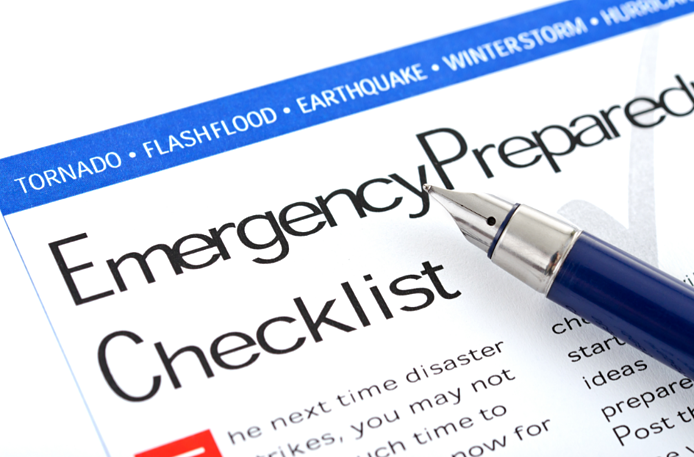
One of the major decisions that facility managers must make every winter is whether to do all commercial snow removal tasks in-house or to outsource the job to a third-party provider. Given the crucial nature of efficient snow removal, without which facility buildings would remain inaccessible for far too long, only an experienced, well equipped crew should be relied upon. But there are a number of pros and cons to weigh in deciding if that crew should be your own or that of a specialized snow and ice removal company.
While cost-effectiveness is obviously a key concern, whether an outsourced or in-house crew costs more is hotly debated in facility management circles. We will not try to resolve that debate here and now, but we will look at 5 pros and 5 cons of using an in-house staff
Benefits of Running Your Own Snow Removal Program
1. You can more easily control snow-removal timing and directly manage the crew. When you have a complex storm response plan or if immediate attention is absolutely a must, you may wish to keep things in-house.
2. If crews are thoroughly trained and minutely managed, you can probably save on expenses overall, though this varies from situation to situation. You will also need to invest a lot of time in training to keep the financial edge over outsourcing.
3. There is no need to hassle with bidding, contracts, or potential lawsuits from members of another organization who may not have an "in-house sense of loyalty and fairness." On the last point, slip-and-fall claims are particularly an issue, but of course, this is not to say you can't find an honest outsourced crew.
4. Staff can be moved between snow removal and other duties, even in-building duties, when they are directly on your own payroll. This kind of flexibility would be rare with an outsourced team. Also, you will probably have an easier time converting your winter team into an all-season team in-house, while outsourced labor may need to be season-specific.
5. While keeping up large reserves of deicing and anti-icing agents is a good idea, you can afford to adjust to your current budgetary concerns on that issue when your staff is in-house. If you outsource, however, and your salt/deicers are low after a storm, contractual stipulations may end up costing you extra.
In-House Drawbacks That Outsourcing Does Not Suffer From
1. In-house you have to hassle with choosing, storing, maintaining, and ultimately replacing a large number of diverse pieces of snow removal equipment. The cost in time, money, and effort is high, and many companies simply don't want to deal with it.
2. Crew management, especially if you need to have multiple crews, is a demanding managerial task. Letting the outsourcing company manage its own members, to a large degree, is an attractive proposition.
3. In-house crews can be tedious in another respect- training. New members have to be screened and oriented, and old members have to be reoriented to new strategies and situations.
4. If your own crew damages your property while removing snow and ice, there is probably little you can do about it. If another company does so, however, they will likely be liable to repair it.
5. When you run your own snow removal team, you also have to pay closer attention to weather forecasts to make sure all staff members and equipment are ready.
The task of commercial snow removal for a large-scale facility or commercial property is no small undertaking, and it’s therefore no surprise that many managers choose to outsource these responsibilities to professional contractors. However, depending on budget and liability concerns, crew size and capabilities, and other considerations, outsourcing snow removal might not be the best fit for your facility. There are many pros and cons to both in-house and outsourced snow removal services. Knowing what they are and how they apply to your specific situation will enable a wise decision on this matter.


